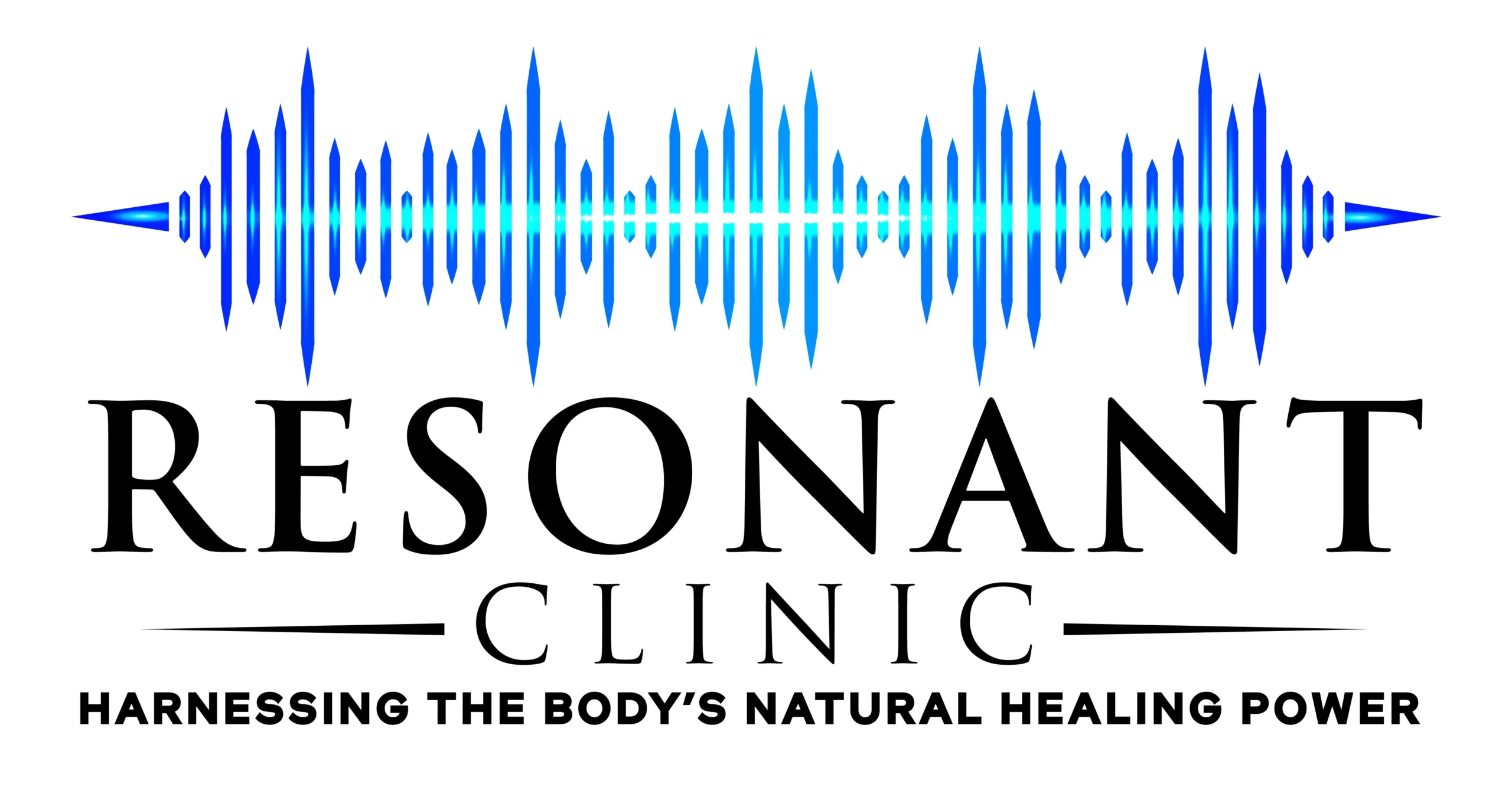
Blog
What causes Erectile Dysfunction (ED)?

Erectile Dysfunction (ED) is caused by a variety of medical conditions, including diabetes, high blood pressure, heart disease, obesity, hormonal imbalances (Low T) and side effects from certain medications. Commonly used drugs like antidepressants, anti-ulcer drugs (e.g. omeprazole, pantoprazole), diuretics, and tranquilizers have been linked to ED.
ED can also be caused by physical factors such as trauma to nerves or arteries due to prostate surgery or bicycle riding, pain on intercourse from Peyronie’s Disease (a painful curvature of the penis), as well as psychological factors such as stress, anxiety and depression.
What is Peyronie’s Disease?

Peyronie’s Disease is the result of scar tissue (fibrosis) with hardening or calcification that builds up under the skin of the penis over time. Its causes are unknown. Peyronie’s Disease results in a curvature of the penis which can be painful during erection and intercourse.
Can Peyronie’s Disease be cured?
While there is no cure for Peyronie’s Disease (PD), treatments may include oral medications, topical ointments, painful injections into the penis, vacuum devices and surgery depending on the severity of the condition. Resonant Clinic offers painless Acoustic Wave therapy which can substantially improve Peyronie’s curvature and discomfort in just a few sessions.
Is there a link between ED and cardiovascular disease?

img5
Research suggests that men with erectile dysfunction are more likely to have coronary artery disease than those without ED, indicating a possible link between these two conditions. Some men experience erectile dysfunction (ED) due to arterial insufficiency from peripheral artery disease. Arteriosclerosis, a disease of the arteries, should always be a consideration in men with recent onset of ED.
What are the treatments for Peyronie’s Disease?

Peyronie’s Disease (PD), treatments may include oral medications, topical ointments, painful injections into the penis designed to dissolve scar tissue (fibrosis), stretching exercises, vacuum devices and surgery depending on the severity of the condition. Resonant Clinic offers painless, proven Acoustic Wave therapy which can substantially improve Peyronie’s curvature and discomfort in just a few sessions.
Are there any lifestyle changes that can help with ED symptoms?

ED is potentially reversible by implementing lifestyle changes. These include changes including quitting smoking if applicable; reducing consumption of alcohol and/or drugs; exercising regularly; eating a balanced diet rich in fruits and vegetables; managing stress levels through relaxation techniques like yoga or meditation; getting adequate sleep each night can all help improve symptoms associated with ED.
How long does it take to treat ED?

The length of time it takes to treat ED depends upon the underlying cause. Some men experience relief within days or weeks using prescribed medications like PDE5 inhibitors (e.g., Viagra or Cialis). Selective elimination of medications known to contribute to ED may result in a relatively rapid reversal of symptoms. Stress, worry and other psychological contributors may resolve over time with proper counselling. Resumption of a healthy lifestyle with smoking cessation, proper diet, exercise and sleep may contribute to recovery of normal erectile function over time.
At Resonant Clinic, we are able to substantially improve erectile function in over 85% of cases after a few sessions of painless Acoustic Wave Therapy. We often combine Acoustic Wave Therapy with hormone balancing and anti-aging therapy to achieve the best results.
Are there any natural remedies for ED?
Popular natural remedies touted as being effective at reducing symptoms associated with ED include acupuncture, saw palmetto extract, ginseng root powder/extracts, L-arginine supplements – however evidence supporting their efficacy is limited at best.
What are the risk factors associated with Peyronie’s Disease?
Risk factors associated with developing PD include age, typically occurring in middle-aged men between ages 40-60, family history of PD and Dupuytren’s Contracture, following radiation treatment for prostate cancer, and a history of hypertension and/or diabetes.
Is depression a cause of Erectile Dysfunction?

Depression has been linked to increased risk for erectile dysfunction. Low self-esteem resulting from feelings of inadequacy may cause decreased sexual desire which can lead to difficulty achieving an erection. Moreover, certain antidepressants are known to contribute to ED, including SSRIs such as paroxetine, fluvoxamine, sertraline, and fluoxetine.
